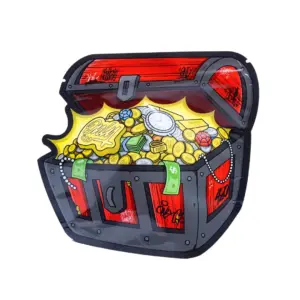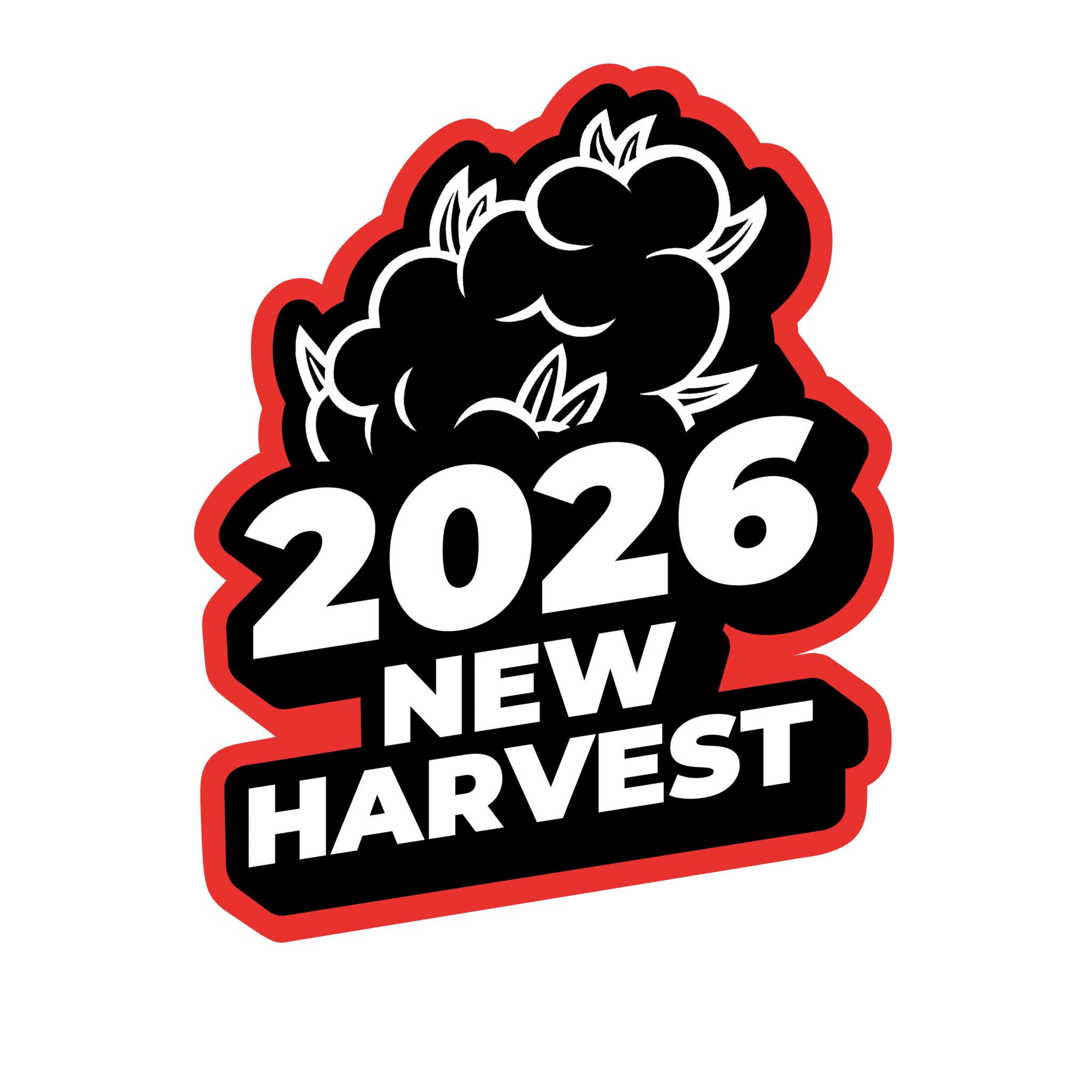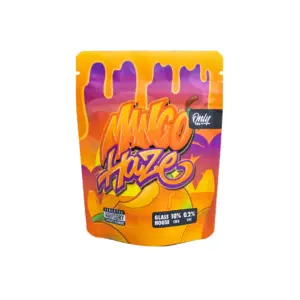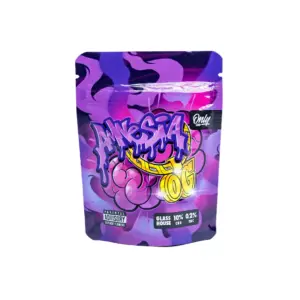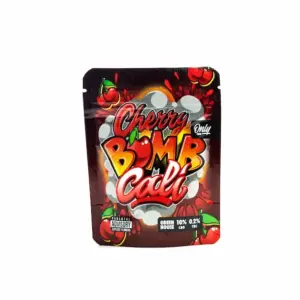Spain's cannabis plantations have increased eightfold, while the Civil Guard dismantles them within a vague legal framework.
According to the report of the Civil Guard, on May 12 of last year, 22,000 cannabis plants were unloaded in Villa del Prado (6,600 inhabitants), also known as "the garden of Madrid" or "the Almería of Madrid", due to its tradition of horticultural greenhouses, located on the banks of the Alberche River, 60 kilometers from the capital. They came germinated, coming from a company in Coín (Málaga). "Stop planting spring onions, cucumbers and chard and start with hemp is the future, "It's all legal, you can get 150,000 euros per hectare," was the comment made by the town's farmers' association months earlier. The company advising the growers is called Magic Flower CDB SL, run by Carlos Díaz, a local resident who claims to have been involved in cannabis and its derivatives for 20 years, and who now faces, along with his father, his technical advisor, and his partner and lawyer, charges of criminal organization and drug trafficking.
“First of all, we went to talk to the sergeant, explained who we were and what we were going to do. Our goal is to produce CBD flowers (a cannabis component) for biomass and oils for cosmetic and ornamental purposes. Every day, I reported to him at the barracks what we had obtained and the weight of the plants,” says Alexia, who is in charge of advising one of the farmers who joined the initiative. On October 8, the guards took her away in handcuffs. They had only been operating with Magic Flower, founded in December 2019, for a year.
“Hemp” is the term commonly used to refer to the type of cannabis with a low THC content (tetrahydrocannabinol, the psychoactive component that makes it marijuana). Throughout history, it has been cultivated primarily for industrial purposes (obtaining fiber, grain, or seeds), but interest in this crop has increased considerably in recent times: “The area dedicated to hemp has multiplied by eight in the last five years,” reads the note sent by the Ministry of Agriculture, Fisheries, and Food (MAPA) at the end of last April. Hemp fever ―from 61 to 510 hectares, according to 2020 data from the Spanish Agrarian Guarantee Fund (FEGA)―, promoted as a business opportunity by farmers and cannabis associations, is causing a stir for the Civil Guard, which is working hard to dismantle them, only to later encounter jurisprudence that could lead to the dismissal of cases and investigations.
"We're already doing two or three operations per week," says a commander of the armed forces. in Almería, a 31,000-hectare sea of plastic, where greenhouses are replacing peppers and tomatoes with this booming herb (more than 100 hectares have been located so far), which is quite tough and from which practically everything is used.
“Apart from fibers and seeds, essences, oils, and creams are now being sold… Just as it happened with aloe in its day; now even herbs are being sold without the psychoactive component of THC, only with CBD (Cannabidiol, the non-psychoactive, the other main compound in cannabis), to be smoked for its supposed analgesic properties, or like someone drinking a non-alcoholic beer. We have even detected that they are starting to be used to cut [mix] marijuana,” say sources from the Judicial Police of the Civil Guard. “What is happening is that we are finding products for sale that are legal, but whose production, in theory and according to current law, is illegal,” summarize the same sources, who recall that, like flax, hemp has been a subsidized crop by the European Union.
New companies
In Almería, there are already more than a dozen newly created companies, including Magic Flower, according to sources from the armed forces. They operate to promote the proliferation of hemp plantations, "presumably industrial, but they pay 22.5 euros per kilo," says a Civil Guard officer in the area. "The price of industrial hemp is between 15 and 20 cents, according to estimates by the Ministry of Industry," he notes. "They are opportunistic companies that are deceiving farmers, who believe they have found the goose that lays the golden eggs," says the same officer, who claims that members of the Andalusian Regional Government visited the area last January to warn them of the legal risks of this product. "They are taking advantage of regulatory loopholes and using vague terminology like 'biomass' to boost the production of cannabis derivatives that are entering the market in various forms (oils, essences, ornaments, etc.) without the proper health controls and without us being able to verify their traceability," the agent warns.
At first glance, a hemp plantation is identical to a marijuana plantation. To determine whether or not it's considered a drug, a toxicological analysis is required. Concentrations of 0.2% of THC or higher are considered narcotic. The significant increase in the size of these plantations and the "growing interest in this agricultural activity" due to national and, above all, international demand for hemp have recently led the Ministry of Agriculture to clarify this matter.
“Cannabis, and the cultivation of the cannabis plant, regardless of its THC content, is regulated by the 1961 Single Convention on Narcotic Drugs (UC), signed and ratified by Spain on February 3, 1966, and by Law 17/1967, of April 8, which updates the current regulations on narcotic drugs and adapts them to the provisions of the 1961 United Nations Convention,” the legal framework recalls. “Cannabis and its resin, and cannabis extracts and tinctures, regardless of their THC content, are included in these lists and are therefore considered narcotics,” and their production, manufacturing, export, import, distribution, trade, use, and possession must be limited to medical and scientific purposes, according to Article 4 of the same regulations.
That is, according to this, any cannabis bud, whether or not it contains THC, is a drug. But this regulation, the Ministry also points out, does not apply—and here comes the problem—to cannabis plants grown for industrial purposes (for fiber, grain, and seeds), according to Article 28, and provided that they do not have narcotic properties (less than 0.2%) in accordance with Article 9 of Law 17/1967, of April 8.
The result is that the guards are left waiting for the farmer to define the ultimate purpose of his plantation, because if he says it's for fiber, grain, or seed, no authorization is required. And, for his part, the farmer is subject to a potential toxicological analysis of his plants (they must have less than 0.2% of THC) if the agents decide to investigate. And the game of cat and mouse begins. "But members of criminal groups are starting to join the business," say sources from the armed forces.
Law of 1961
One might think, then, that the question is simple: if there are buds (technically called "sumidades"), regardless of the THC or CBD content, the plantation is illegal. But no, because the same caveat applies: "Except in the case of legal grain or seed production," the ministry's statement states. "We are operating under a law from 1961 and 1967, when CBD production was not contemplated. A regulatory framework governing the extraction of active ingredients is urgently needed," agree various sources from the Civil Guard's judicial police.
“In recent months dozens of web pages have appeared on the Internet (such as OnlycCBDFans) that are dedicated to the sale of buds and other CBD products,” the police report states. “All of them use the “industrial” pretext for cannabis production,” it warns. “We couldn’t allow municipal land, given to farmers, to be used to grow cannabis,” says the mayor of Villa del Prado, Héctor Ortega (PSOE), who reported the situation to the Civil Guard.
"Despite what the Spanish Medicines Agency reports, many companies are selling cannabis for "medicinal" use, taking advantage of the alleged properties of the CBD molecule, using the industrial pretext and the lack of restrictions on planting these crops," concludes the Villa del Prado police report. "Currently, the only requirement for planting these crops is to use certified seeds and to report the planting to the regional authorities and the Civil Guard."









